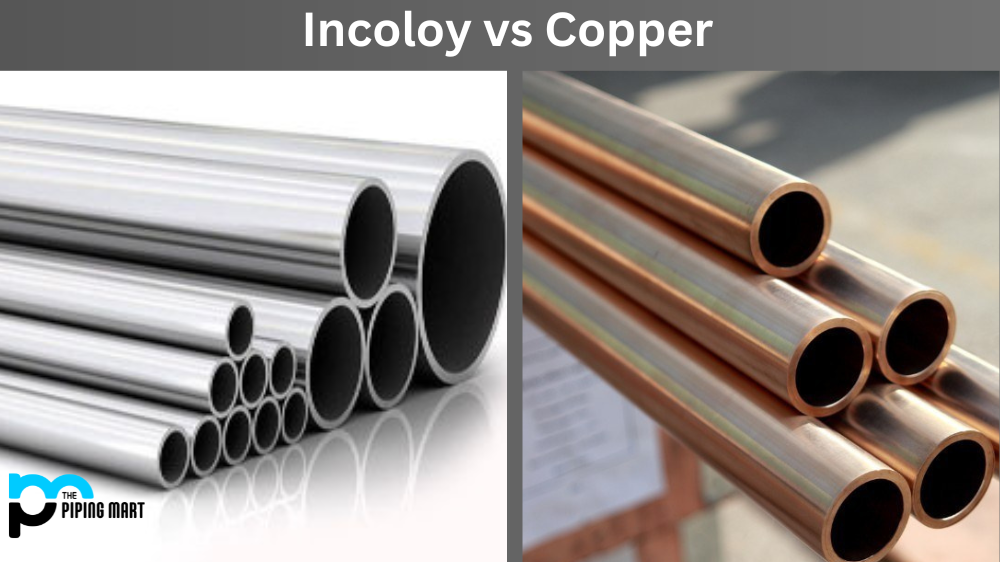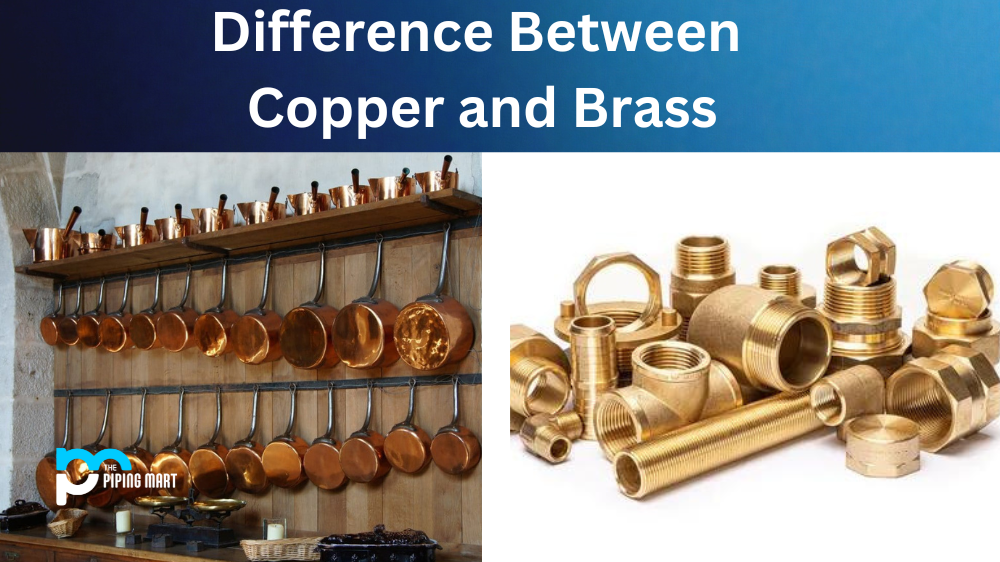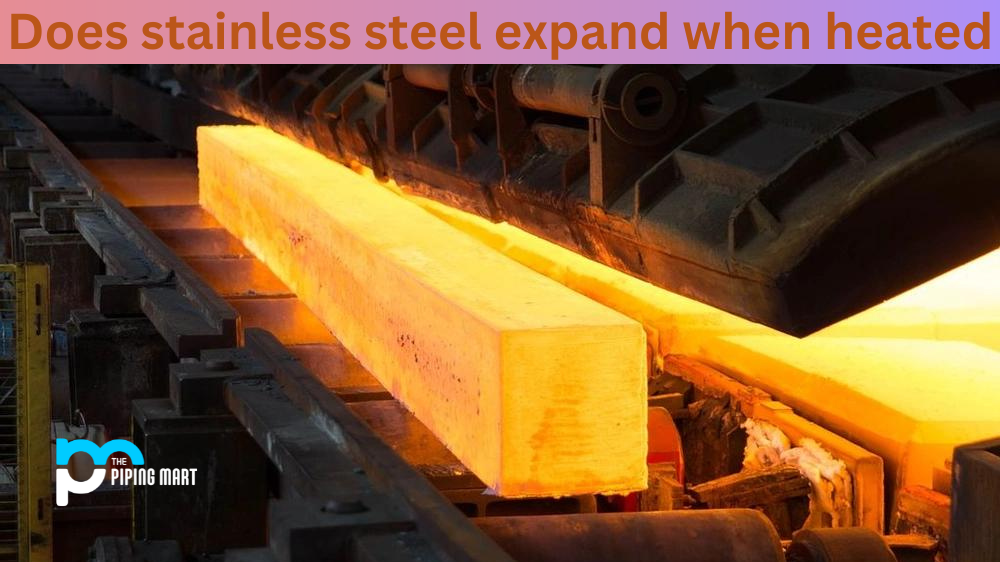When it comes to selecting the best metal for your industrial needs, you have a lot of options. Two metals that are often compared are incoloy and copper. Each of these metals has its own advantages and disadvantages, so let’s take a closer look at them to understand better which is the best choice for your project.
Incoloy Properties
Incoloy is an alloy that consists of nickel-iron-chromium with small amounts of molybdenum and other elements added in. This combination of elements gives incoloy excellent resistance to corrosion, oxidation, carburization and heat. It also has good formability and weldability, making it ideal for applications requiring frequent cleaning or welding. Incoloy is also non-magnetic and resistant to stress corrosion cracking. Incoloy is often used in environments that require high levels of heat resistance as well as corrosion resistance, such as chemical processing plants or power plants. In addition, it is commonly used in the aerospace industry due to its low weight and strength.
Copper Properties
Copper is a malleable metal with a reddish hue. It has excellent electrical and thermal conductivity and ductility, making it suitable for many electrical applications, including wiring and heat sinks. Copper also has excellent corrosion resistance when exposed to air or water but can be susceptible to sulfide stress cracking when exposed to corrosive fluids like chemicals or brines. Copper is often used in marine applications due to its superior corrosion resistance in saltwater environments. It can also be used in plumbing systems because it can resist bacteria growth on its surface.
Difference Between Incoloy and Copper
- Incoloy is an alloy of nickel, chromium, and iron.
- Copper is an element found in nature in the form of copper ore.
- Incoloy is resistant to corrosion and has a higher melting point than copper.
- Copper is a better conductor of electricity than incoloy.
- Incoloy is more expensive than copper.
Conclusion:
Several factors must be considered when selecting the suitable metal for an industrial application, such as cost, strength, durability, formability/weldability, etc. In this case comparison between incoloy vs copper, we can see that each material offers unique advantages depending on the application requirements – Incoloys’ superior heat resistance makes it ideal for applications with high temperatures. In contrast, copper’s excellent conductivity makes it suitable for electrical applications with low-voltage currents. Ultimately the decision should come down to what factors are most important for your particular application – whether you need heat resistance or electrical conductivity – so do your research before deciding which material will best suit your needs!

Abhishek is a seasoned blogger and industry expert, sharing his insights and knowledge on various topics. With his research, Abhishek offers valuable insights and tips for professionals and enthusiasts. Follow him for expert advice on the latest trends and developments in the metal industry.




